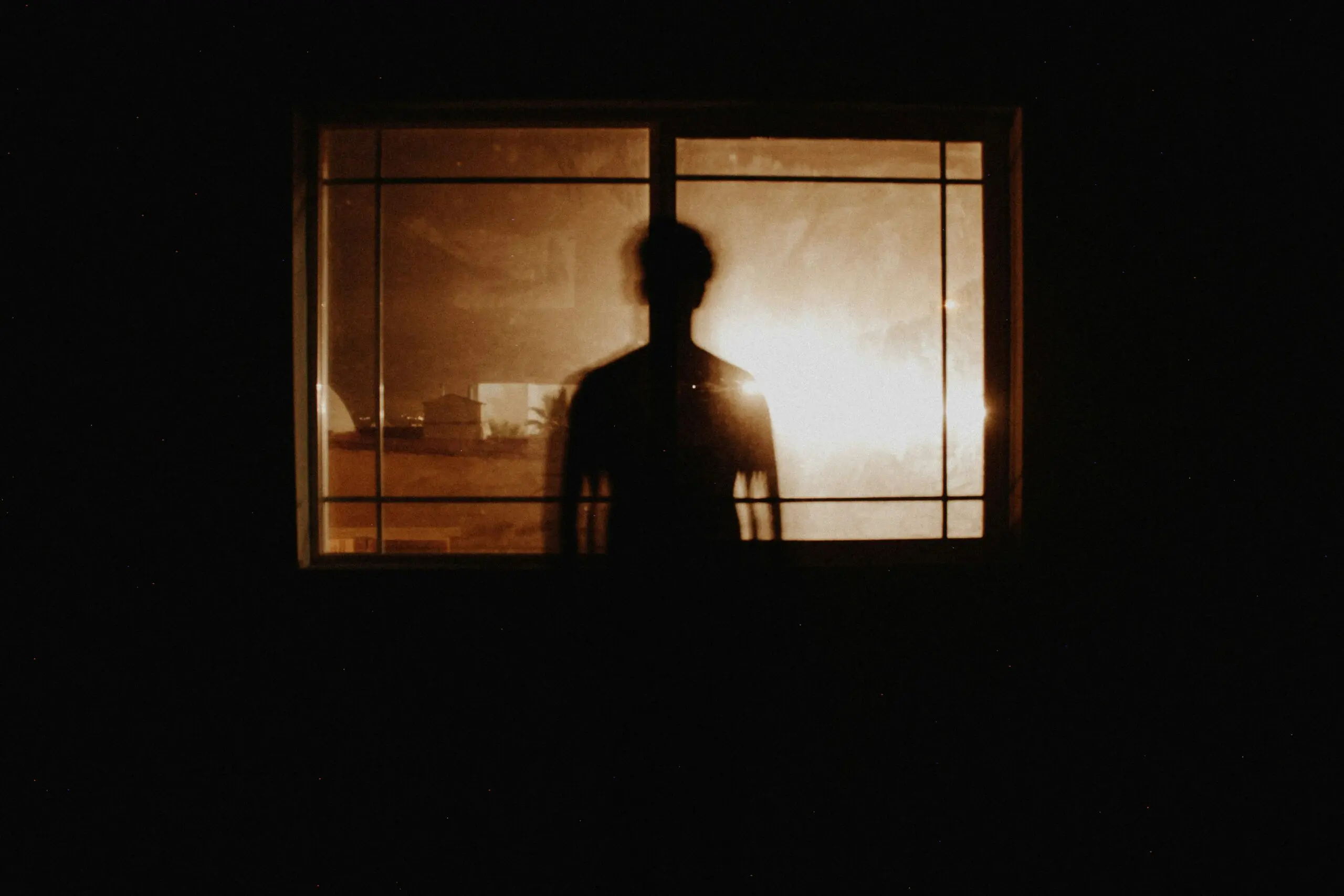- Paralysis in your limbs.
- Inability to talk.
- sense of suffocation
- hallucination
- Fear
- Panic
- Helplesness
- Tightening in the throat.
- Daytime sleepiness may indicate narcolepsy.
What Is Sleep Paralysis?
Sleep paralysis is the momentary loss of muscle function while sleeping. It may be a frightening event, but your safety and health are not at risk. Managing stress, changing sleep patterns, and treating underlying issues may be beneficial.
Sign of a serious problem
Sleep researchers have found that sleep paralysis is typically a symptom that your body is not progressing smoothly through the stages of sleep. Sleep paralysis is rarely linked to serious underlying psychological issues.
Throughout history, SP symptoms have been reported in a variety of ways and are frequently linked to an “evil” presence, such as unseen night demons in ancient times, the aging hag in Shakespeare’s Romeo and Juliet, and alien abductors. Almost every culture throughout history has had stories about dark, malevolent entities that terrorize vulnerable humans at night. Humans have been searching for explanations for this strange sleep paralysis and associated horror.
Symptoms may also include:
Symptoms include trouble breathing
- Firstly, sensation of impending death.
- include perspiration,
- muscle pain
- headaches
- Lastly, paranoia
Steps How to stop sleep paralysis
Things You Can Do to Prevent Sleep Paralysis:
- Try to get 7 to 9 hours of sleep each day.
- Go to bed and wake up around the same time every day.
- Get regular activity, but not in the four hours before bedtime.
- Consume a balanced diet.
- Regular exercise will improve your health.
- If you are an active smoker, quit.
- Maintain the recommended weight for your height, age, and gender.
- Lastly, Attend routine annual health check-ups to detect early signs of any disorders, including paralysis.
Isolated sleep paralysis (ISP)

Sleep paralysis is a brief inability to move or talk throughout the sleep-wake cycle in the absence of other narcolepsy-related clinical symptoms.However, It usually does not alter eye movements. Isolated incidents are a frequently recorded phenomenon, with lifetime prevalence estimates ranging from 20% to 60%, depending on the demographic under observation. Spanos and colleagues discovered that 21% of undergraduate college students had experienced at least one episode of ISP. However, only 4% reported having had five or more incidents in their lifetime. The prevalence of cases with more frequent episodes, known as recurrent isolated sleep paralysis (RISP), such as those reported in this patient, is unknown, but it is considered unusual.
Moreover, Researchers hypothesize that ISP is a type of REM dysregulation, similar to the atonia episodes seen in narcolepsy patients. Takeuchi and colleagues demonstrated that events can be induced in non-narcoleptic patients by using sleep interruption protocols to induce sleep onset REM periods (SOREMP), from which the patients are purposely woken. Polysomnographic recordings of patients with experimentally induced ISP show REM sleep characteristics during the reported paralysis. Takeuchi later demonstrated that patients who tolerated the sleep interruption poorly were more likely to have ISPs than those who accepted it well, which may explain the frequently reported link between ISP and anxiety disorders.
ISP episodes are more likely to occur during awakening from sleep (hypnopompic) than narcolepsy-related paralysis, which is more closely associated with sleep onset (hypnagogic) events. Many reports suggest that occurrences are more frequent in the supine sleeping posture, while the mechanism behind this is unknown.
Visual and auditory hallucinations are frequently described with ISP and may include a sense of an evil presence in the room, Thus, a sensation of being touched, or hearing voices or other noises. Occasionally, more structured hallucination activity, such as seeing faces or persons at the bedside.
Have you Ever experienced Sleep Paralysis?
Many people need support and could benefit from Hearing your story
If you Are Interested Send an Email to
Expressing your interest
Find Cyrus on Social Media

Instagram: 12stonesproductions
Linkedin: Cyrus L. Richardson
Youtube:12 Stones Productions
CyFLY:IMDb CyFLY
